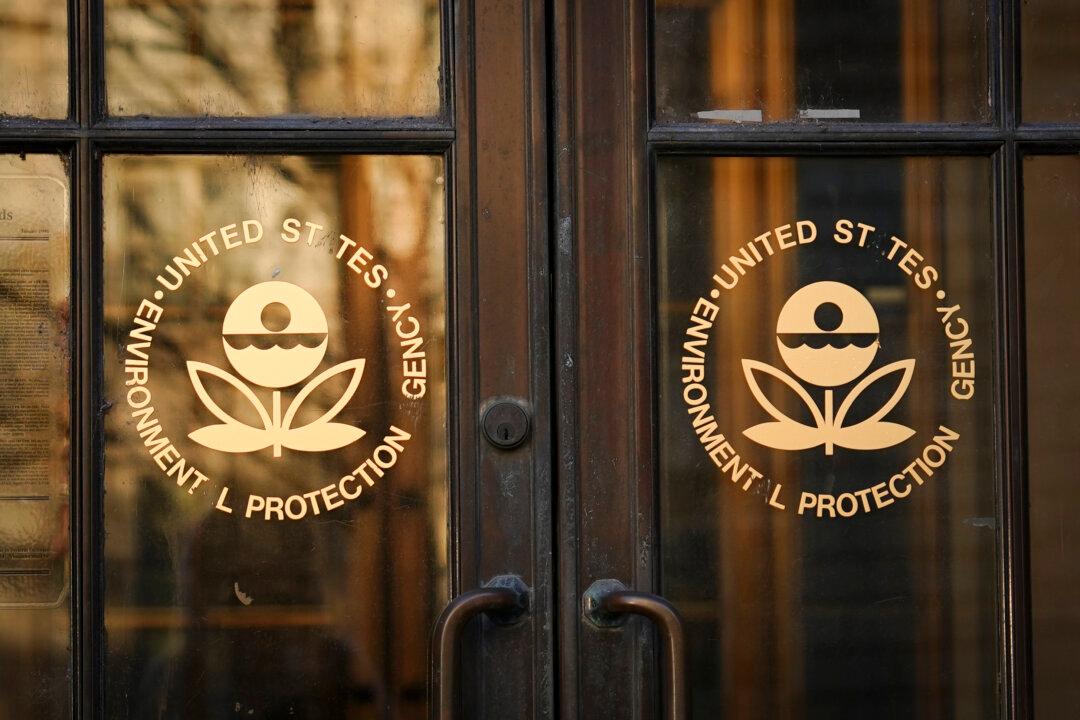Alaska filed a lawsuit against the U.S. Environmental Protection Agency (EPA) on Thursday over what it called an “unlawful order” by the agency that blocked the development of state-owned land in the Bristol Bay area.
The complaint challenges the agency’s 2023 final determination, which prohibits using the Bristol Bay watershed as a disposal site for dredged or fill material discharges associated with developing a mine at the Pebble deposit.





